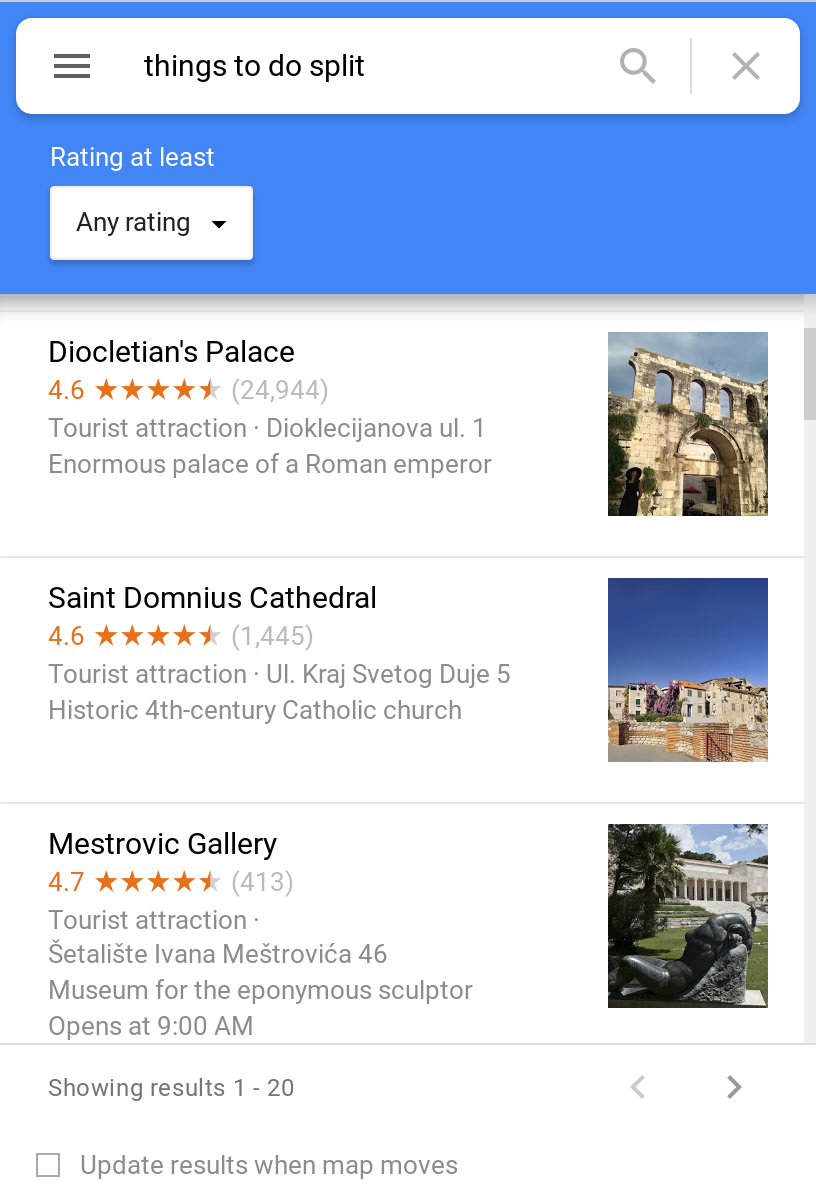By default Flask writes logs to the console in plain-text format. This can be limiting if you intend to store your logs in a text file and periodically send them to a central monitoring service. For example, Kibana, only accepts JSON logs by default.
You might also want to enrich your logs with additional metadata, e.g. timestamps, method names, log type (Warn, Debug, etc.). In this post we will use the Python logging library to modify Flask's logging format and write them to a text file. In the end we will see how to periodically send these logs to an external service using Flume.
In our app we would like to setup two types of loggers. One for writing …
